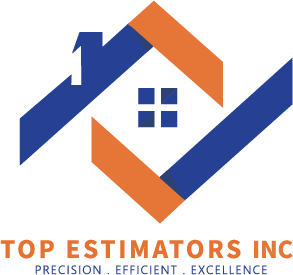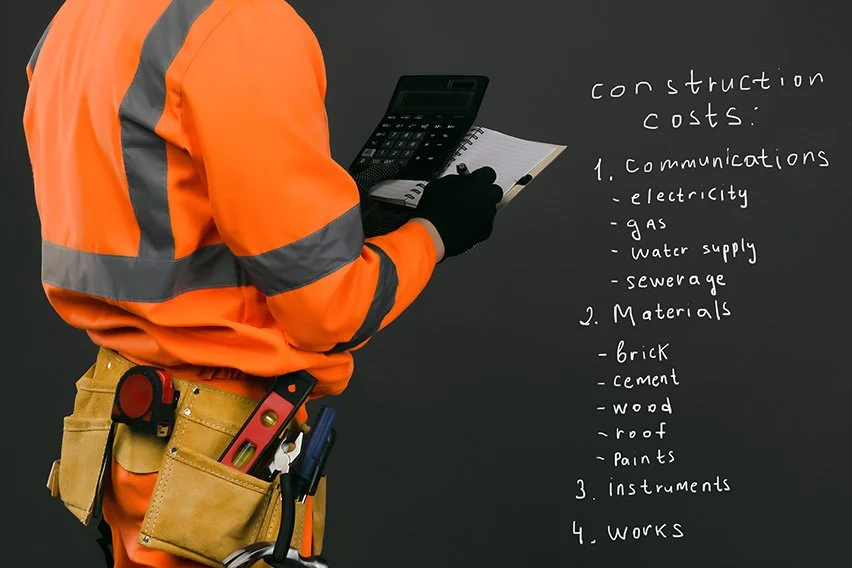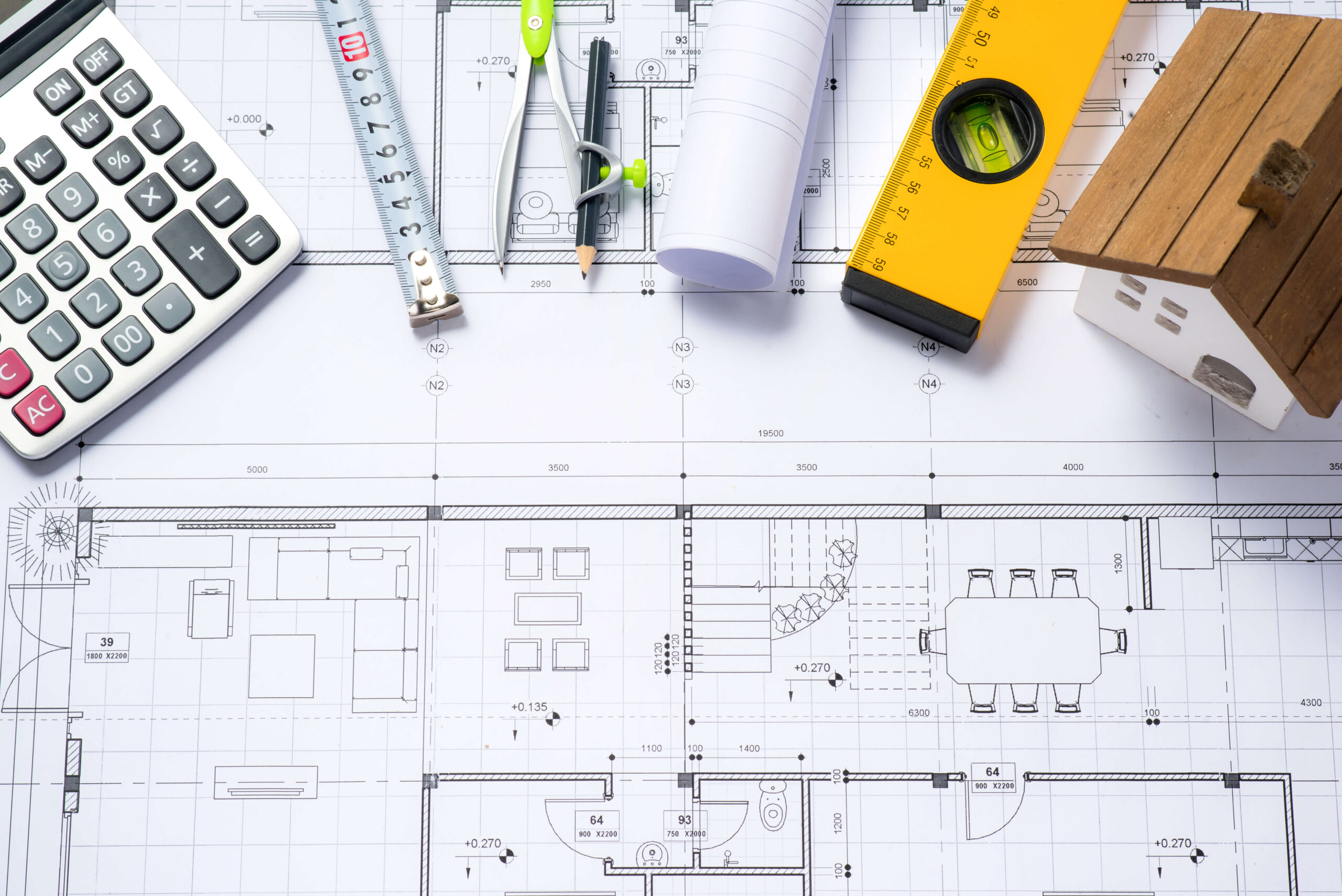When embarking on a construction project, whether it’s a small home renovation or a large commercial development, accurate cost estimation is crucial. This is where a construction estimation company comes into play. These professionals specialize in providing detailed and reliable cost estimates for construction projects. Hiring the right construction estimation company can make or break your project’s budget and timeline. Here’s a comprehensive guide to help you make an informed decision when selecting a construction estimation company:
1. Define Your Project Scope:
- Before searching for an estimation company, have a clear understanding of your project’s scope, objectives, and budget. Knowing what you want to achieve will help in the estimation process.
2. Ask for Recommendations:
- Reach out to your network, including contractors, architects, and industry peers, for recommendations. Personal referrals often lead to finding reputable estimation companies.
3. Check Credentials and Experience:
- Verify the company’s credentials and experience in the construction industry. Look for certifications, licenses, and a history of successful projects.
4. Review Their Portfolio:
- Examine the estimation company’s portfolio to assess their expertise in projects similar to yours. A company experienced in your project type is more likely to provide accurate estimates.
5. Request References:
- Ask for references from past clients and contact them to inquire about their experience with the estimation company. Were the estimates accurate? Was the process transparent?
6. Technology and Tools:
- Inquire about the technology and tools they use for estimation. Modern software and digital tools can significantly improve the accuracy of estimates.
7. Transparent Pricing:
- Ensure the company provides transparent pricing. Beware of estimates that seem too low, as they may lead to cost overruns later in the project.
8. Methodology and Processes:
- Understand the company’s estimation methodology and processes. They should be able to explain how they arrive at their estimates and any assumptions made.
9. Communication Skills:
- Effective communication is crucial. Ensure the estimation company can explain their estimates in a clear and understandable manner. You need to be on the same page throughout the project.
10. Timeliness: – Ask about their track record for delivering estimates on time. Delays in estimates can cause delays in your project’s planning and execution.
11. Compliance and Regulations: – Confirm that the estimation company is well-versed in local building codes and regulations. Compliance is essential to avoid costly legal issues.
12. Consider Multiple Quotes: – Don’t settle for the first estimation company you find. Consider getting estimates from multiple companies to compare prices and services.
13. Contract and Terms: – Ensure that all terms, expectations, and deliverables are documented in a clear and legally binding contract. This includes the estimated cost, payment schedule, and any additional services.
14. Evaluate Customer Service: – Assess their customer service and responsiveness. You want a company that is easy to reach and quick to address any concerns.
15. Trust Your Instincts: – Ultimately, trust your instincts. Choose an estimation company that you feel comfortable and confident working with.
Conclusion: Hiring a construction estimation company is a critical step in the success of your construction project. Take the time to research and evaluate potential companies thoroughly. By following this guide and considering all relevant factors, you can ensure that you hire a reliable and experienced estimation company that will help you achieve your construction project goals within budget and on schedule.



